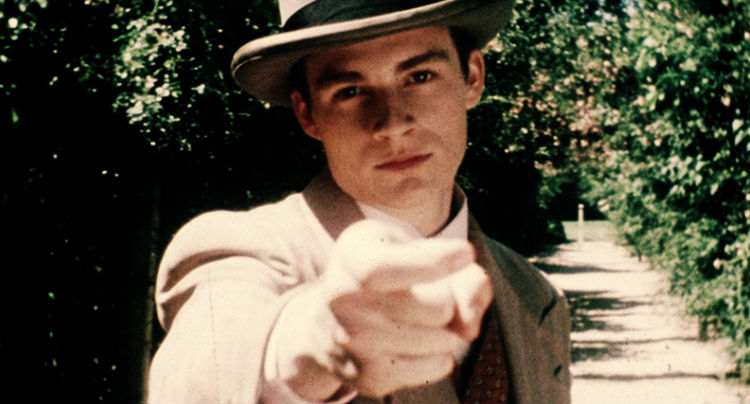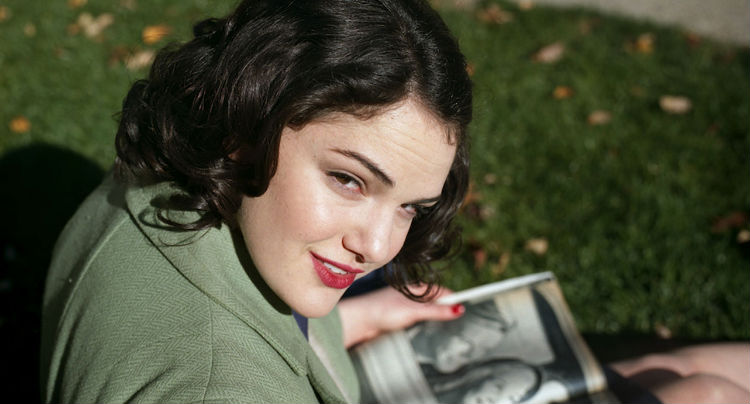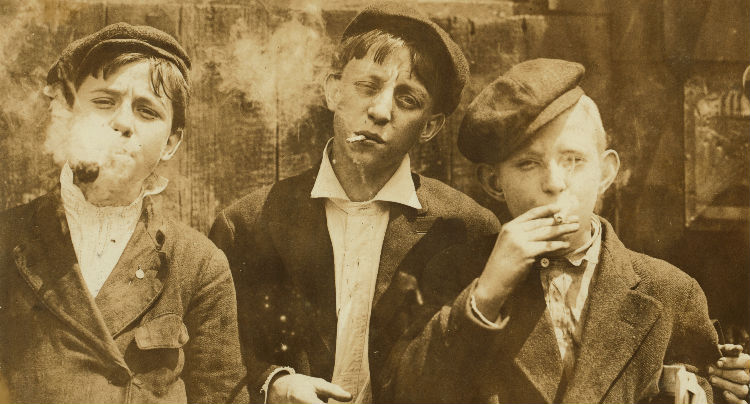
Teenage casts an intoxicating spell, but in the haze of war and underground dance parties, it doesn't have the time to help us understand what the hell it all means.

Teenage casts an intoxicating spell, but in the haze of war and underground dance parties, it doesn't have the time to help us understand what the hell it all means.
Weekends have only existed since 1908. Nirvana is as old now as The Beatles were in the ’90s. Betty White is older than sliced bread! These are pretty mind-boggling things to think about; time can be tricky like that. Matt Wolf’s Teenage, based on a book by Jon Savage, revolves around the origins of the titular phenomenon that in fact traces back only to the beginning of the 20th century. It’s a fact that’s hard to grasp in the overwhelmingly youth-driven culture of today. Using an innovative manipulation and melding of vintage film clips and photos, disguised reenactments, and narration provided by the likes of Jena Malone and Ben Wishaw, Wolf chronicles the emergence of teenage culture and attitude subjectively, intimately, through the eyes of the youth themselves.
The premise is that due to older people using youngsters to literally fight their wars for them, squandering the lives of their children to shape the world to their liking, the teens developed a feverishly rebellious and infectious mindset, a hunger to carve out their own version of the world to play and dance in, reclaiming their stolen youth. The film jumps between the teenage movements of three countries–America, England, and Germany–chronologically documenting the gaggle of subcultures and significant events that eventually evolved into the multi-billion dollar industry that’s conquered the globe.

Detailing various youth groups like the flappers, Hitler Youth, victory virls, and jitterbugs, the film is quite comprehensive in its mapping of the teenage origin story. It can be a bit dizzying, frankly, to keep track of which country’s youth we’re being shown at any given time, due to the fact that the film bounces between the three countries seemingly willy-nilly. There are four narrators to keep track of: a Hitler Youth (Julia Hummer), an English boy (Wishaw), an African-American boy scout (Jessie Usher), and an American girl (Malone). The actors read excerpts from the real diaries, giving the film a distinctly personal sense of proximity that few historical docs come even close to touching.
The film touches on interesting inter-cultural dynamics like kids in England and Germany being infatuated with American music, smuggling records into secret parties and obsessing over them ravenously. “Why do you like jazz music?” a British mother asks her son. “Because it’s American!” he answers defiantly.
It’s tragic that so many youngsters were forced to work countless hours in factories for almost nothing, only to be sent off to be killed in World War I for their troubles. Wolf makes crystal clear the injustices imposed by the older generation that compelled their children to impulsively, eruptively band together and give them the proverbial middle finger.

The film does a good job of deceiving us, making the vintage footage look indiscernible from the modern reenactments. The downside of this is that, because there is so much ground to cover in terms of information (we’re talking a span of 40 years, here), the smooth, organic flow of the film makes everything feel a bit too ephemeral, never taking the time to stop and really delve into the massive issues at hand–like teens’ gigantic effect on consumerism–in-depth. The film is deeply atmospheric, an admirable feat considering it consists of mostly washed-out photos and footage, but its subjective format only allows it to nibble at the historical meat of the story. Teenage casts an intoxicating spell, but in the haze of war and underground dance parties, it doesn’t have the time to help us understand what the hell it all means.